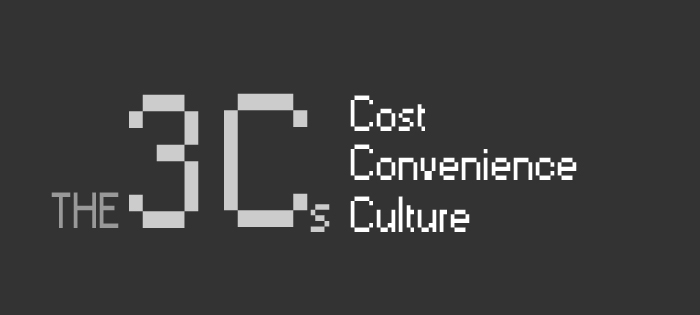“By the time that product is ready to be distributed widely, it will already have established customers”~ From the pages of “The Lean Startup” by Eric Ries.
It is essentially true that by the time you finish building your product completely, your customers are already looking for something new! Demands of your customers change in a snap. So, in order to match this lightening speed of change in demands, you need to be pro-active in identifying the problem and develop a minimum viable product (MVP) so that the product refinement process can be jumpstarted.
Once your MVP is ready, your startup can now work on modulating the engine and move ahead. Since speed is what a startup looks for when building a product, most developers are now turning to Ruby for web application development. Ruby can give you speed and ease in building your MVP. It is extremely efficient in assisting you to build a highly scalable app.
There are a number of reasons why Ruby is the top choice for developers building a minimum viable product for their startups. In case you are wondering why Ruby and not other languages, then –
-
Ruby comes with a low “learning curve”, which means that once you have crossed the initial hiccups, it is the most natural language to work with.
-
Ruby is a mature language with features like OOP, functional programming, multi-platform compatibility (WIndows, UNIX variants, Linux, BeOS, MS-DOS), minimum exceptions, Garbage Collection.
-
With flexible syntax and without any pointers, Ruby has great web development frameworks (like Rails, Sinatra).
-
Ruby does not incur any cost if you want to copy, modify, distribute and use it.Since coders can modify it according to their needs, coding does not seem restricted anymore.
-
Ruby has a vibrant open source community and a great support system. You can have a look at the source of the code, or suggest a patch, or get connected to helpful user communities as well the creator.
Ruby definitely comes handy to a startup trying to build a MVP. Time constraint is always there on startups. In such a state if a programming language comes with too many restrictions, it makes the task more difficult.There is no denial that startups with their MVPs are actually making it big. Any developer competent with Ruby language is the first choice of a startup. If you want to be in the coding world, Ruby should be the first language to learn. Not just because it is simple, but because it is rewarding as well. It has features that are convincing and can handle almost all exception well with its robust nature.
So, without delay, join Venturesity’s Ruby course. It is comprehensive in its course modules and is taught by industry experts. Expect the best guidance from our instructors who teach our students over live classes. What can be better than a hands-on training, an interactive class and project work to validate your learning! Register with us soon before time runs out!
“Startup success can be engineered by following the process, which means it can be learned, which means it can be taught” ~ Eric Ries
Guest Post by Pritha Bose, Content Writer for Venturesity



